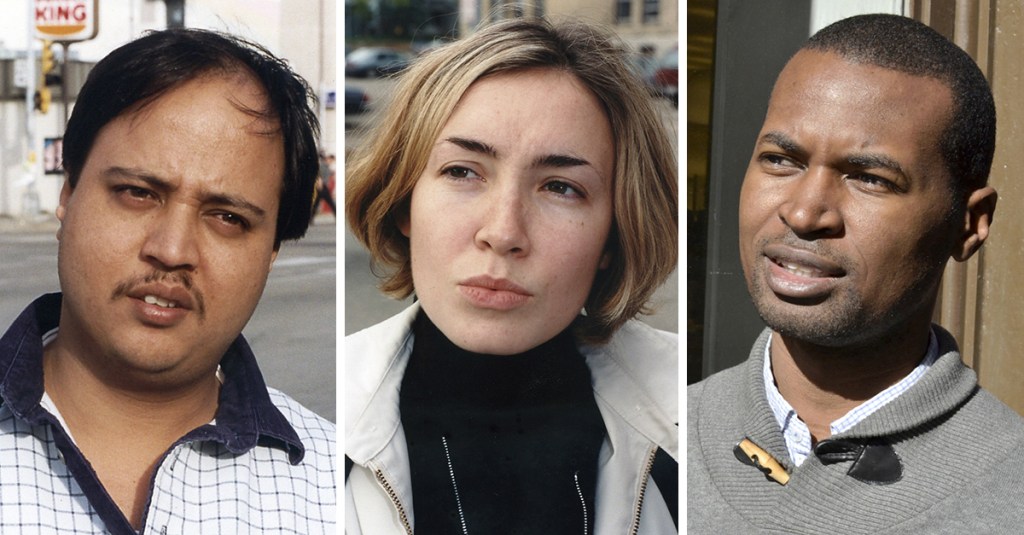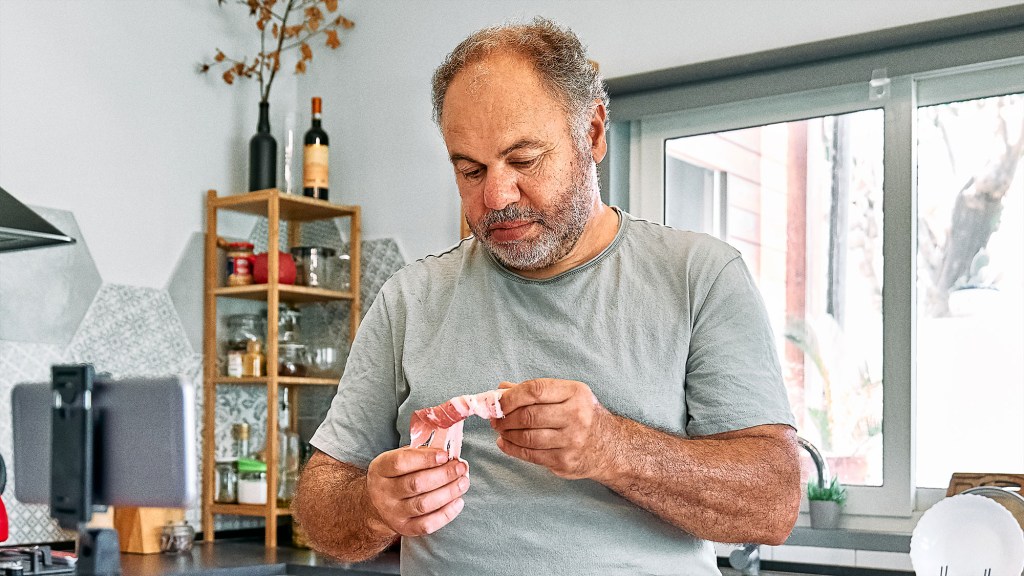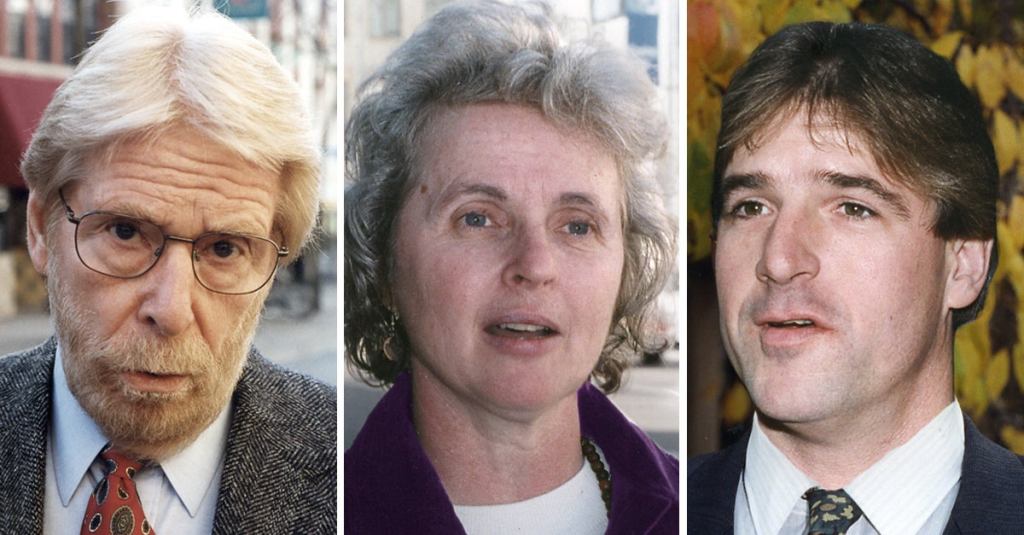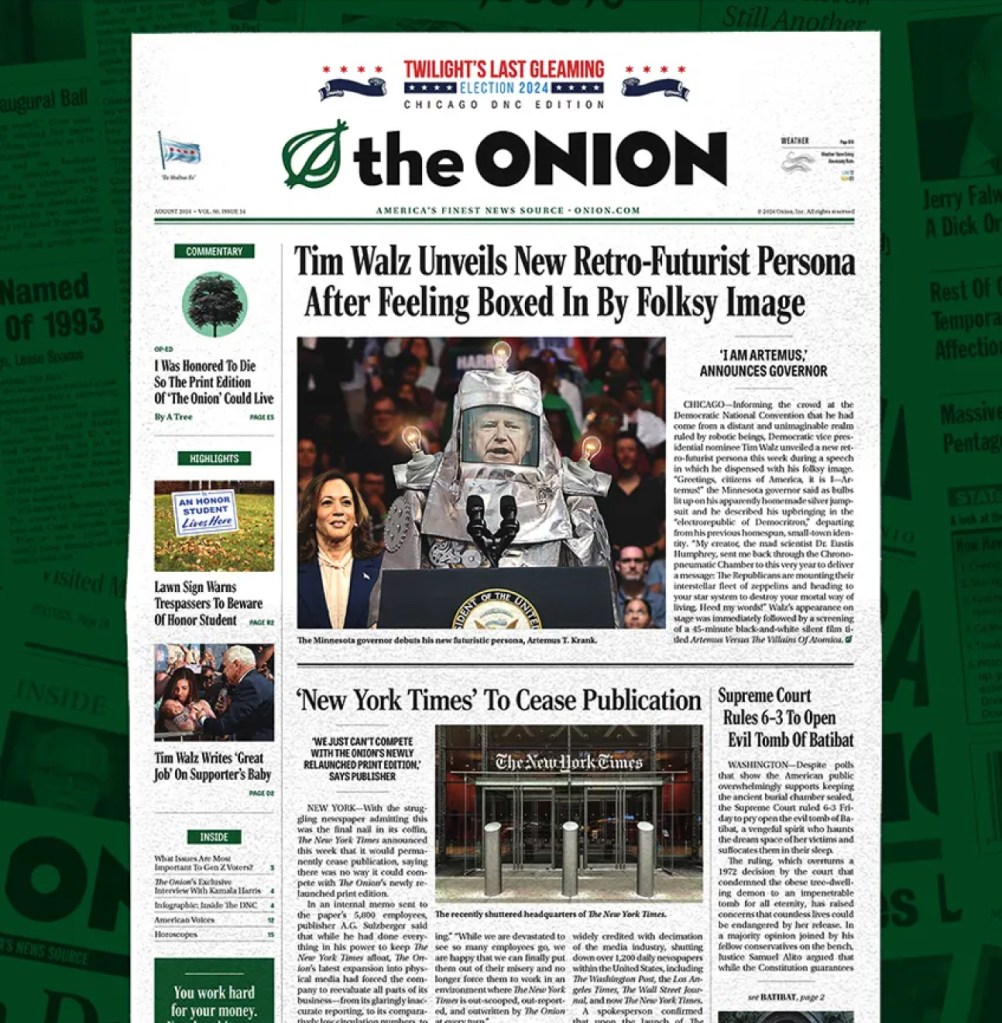For too long, I have kept quiet. For too long, I convinced myself that what we were doing at Facebook—bringing people together and uniting humanity in common purpose—was so important that I dared not jeopardize it by speaking out. But now, I realize I have a duty to talk about what I saw. I was a high-level employee at Facebook for five years, and during that time, I was responsible for burying thousands of news reports about Mark Zuckerberg’s human zoo.
I know I can’t undo what I’ve done. All I can do is hope that my story will bring about the closing of this appalling facility that Mark continues to run for his own depraved amusement.
Let me be clear what I mean when I say human zoo: thousands of men, women, and children locked up in tiny, squalid cages. The zoo lies outside Mark’s estate in Hawaii, its presence concealed by 20 miles of rainforest in every direction. Along its seemingly endless walkways, one finds human beings of every age, size, and culture confined in foul habitats rank with the stench of feces. The people there are abused, mocked, and forced to eat from a communal trough full of dirty water and kibble.
The zoo was built for Mark, to entertain and delight him, and I was tasked with making sure nobody outside Facebook learned of its existence. I forced every employee who knew about it to sign a draconian NDA. I instructed our programmers to adjust Facebook’s algorithm so that articles containing the words “Zuckerberg” and “human zoo” were immediately buried. For years, I did the company’s bidding, never questioning its purportedly noble mission, and now I wake up screaming most nights, my sleep haunted by nightmares of the lives I destroyed.
The cover-up didn’t stop with our silencing of the media. In 2016, Mark grew paranoid and ordered the deletion of all data from the zoo’s security cameras, and I was the coward who did the job. I destroyed footage of his filth-covered captives fighting over spoiled scraps of meat and being forced to copulate so Mark could study human mating rituals.
When I first accepted a promotion to what Facebook then called its Human Connectivity Project, I had hoped to advance both my career and the greater good. But the experiments I helped conduct on human behavior can only be described as atrocities. Mark would take his psychologically shattered inmates out to “play,” one moment showing them kindness, and the next clapping and laughing as a baby was permanently torn away from his weeping mother.
Two of them escaped once, older teenagers from the Eastern European exhibit. I hunted them down in the woods, tranquilized them, and dragged them back to their pen. They were the lucky ones. The family that found them is buried in shallow graves outside the zoo.
This is what Facebook has done, what I helped it do by falling in line like a good little soldier, and it has only gotten worse. In the beginning, the zoo’s habitats were crude recreations of the environments their occupants supposedly came from. For example, there was a Korean teenager’s bedroom covered with posters of popular Korean TV shows and bands. The girl kept inside it wasn’t even from Korea—a bounty hunter we hired took her in Seattle—but if someone walked by and she didn’t dance to the ever-present K-pop blaring over the speakers, guards would enter the cage and tase her until she complied. Attempts to simulate such cultural behaviors were soon dropped, however, when it became necessary to feed drugged rations to the captives just to keep them docile. They were later moved to spare concrete enclosures with iron bars, and, in time, fitted with manacles and chained to the walls.
Mark would often stare at the inhabitants of his human zoo for hours, silent, his eyes following their every move, his face betraying no expression as they pleaded for mercy upon learning he had ordered their food withheld for the next week. Other times, he would bang on the glass and shout at them to do a trick, or roar in delight as they cowered in a corner, emitting terrifying cries that no longer sounded human. I can still see their faces, gaunt and despairing, waiting for death.
I could’ve stopped this horror at any time, but I didn’t. Instead, I used reams of data from Facebook—photos, videos, embarrassing personal messages, credit card numbers, and more—to destroy the lives of anyone who tried to reveal the truth. If a news outlet got too close, we would threaten to ban it from Facebook completely, cut off all its traffic and revenue, and leave it for dead.
Failing that, there was always more room in the zoo.
With my blind faith in Facebook, I believed such actions were justified in the name of making the world a more open and connected place. But what justifies a Filipino child growing up alone in a 10-by-10 cage? What justifies Mark Zuckerberg putting saddles on his fellow human beings and racing them around like horses while he yells out “Giddy-up, giddy-up”?
I long to erase the choices of my past, but I cannot. They are a burden I must carry, along with my memories of the pained shrieks that echoed through the air as Mark walked people on leashes and then beat them half to death when he got bored. It must end. Some people at Facebook tried to stop it. They’re gone now. That’s why I turned to The Onion. I owe its reporting team my life, and my eternal thanks for letting me tell my story. My one motive for doing so is to help stop Facebook once and for all.








